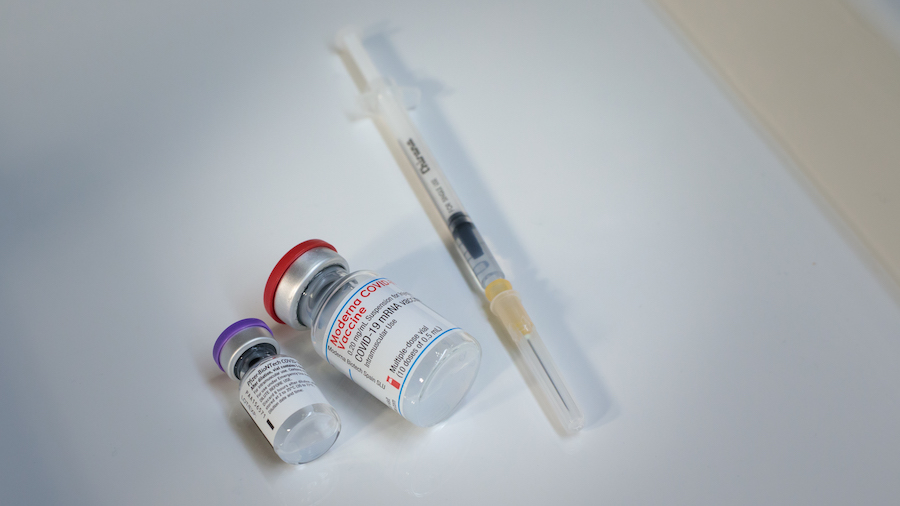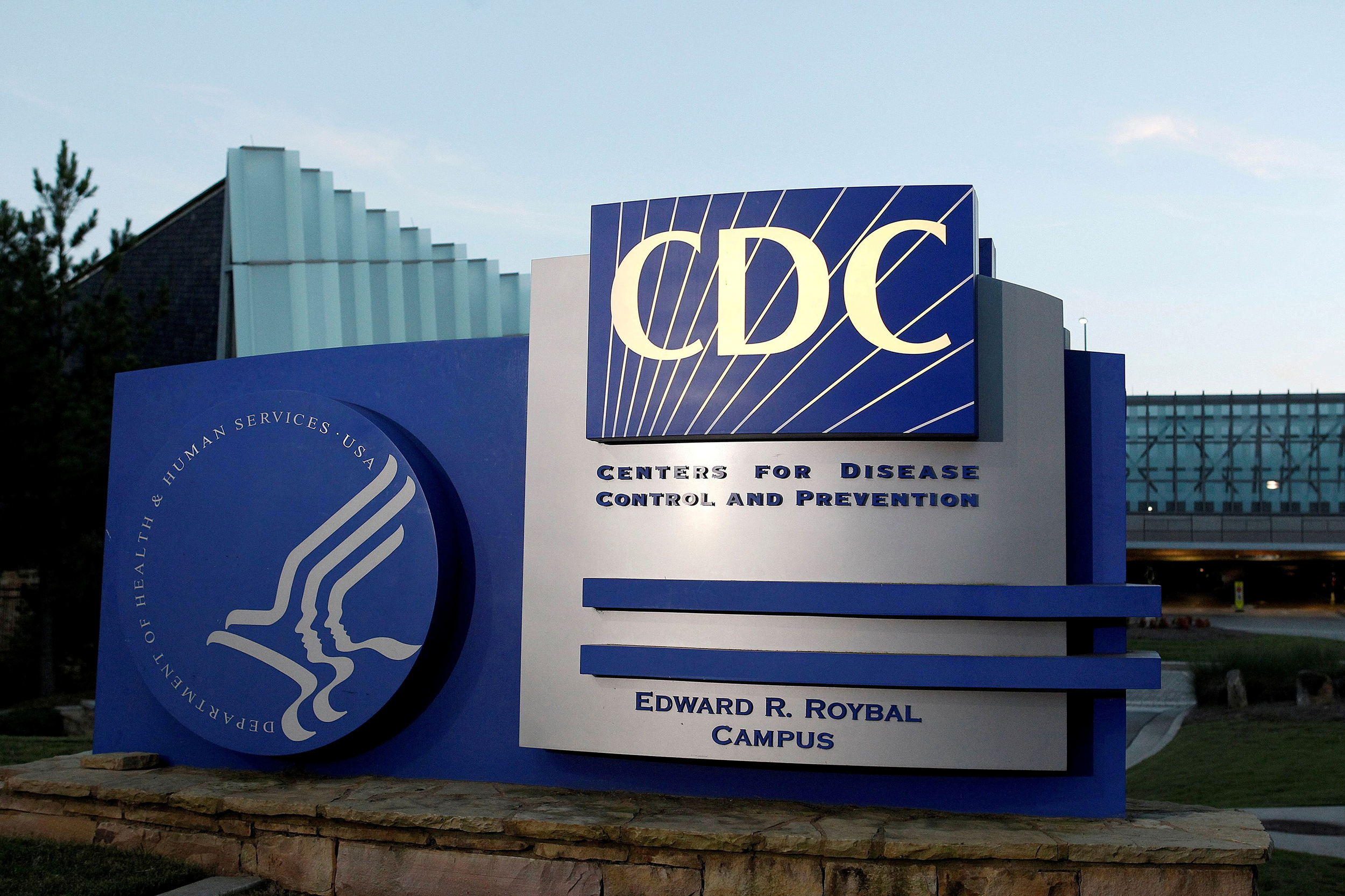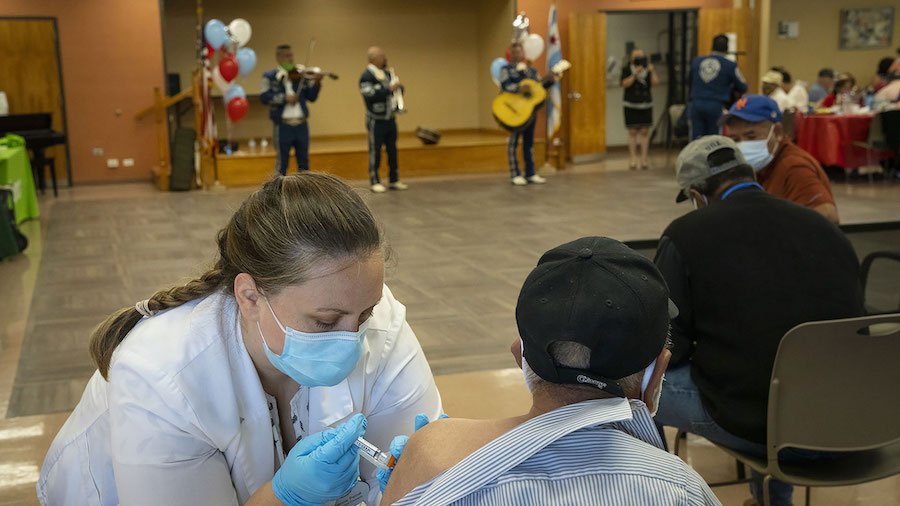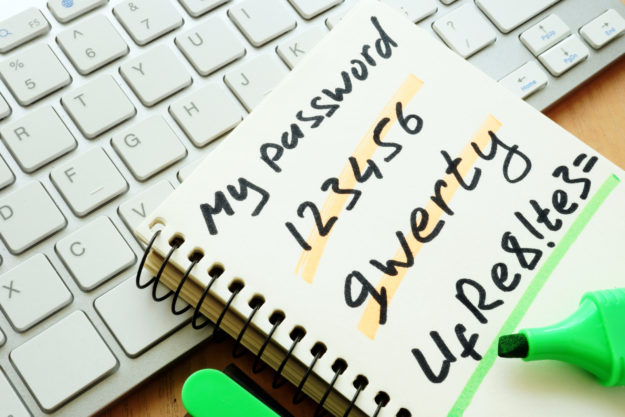CORONAVIRUS
COVID-19 medicine for immunocompromised patients is losing effectiveness
Nov 11, 2022, 3:30 PM
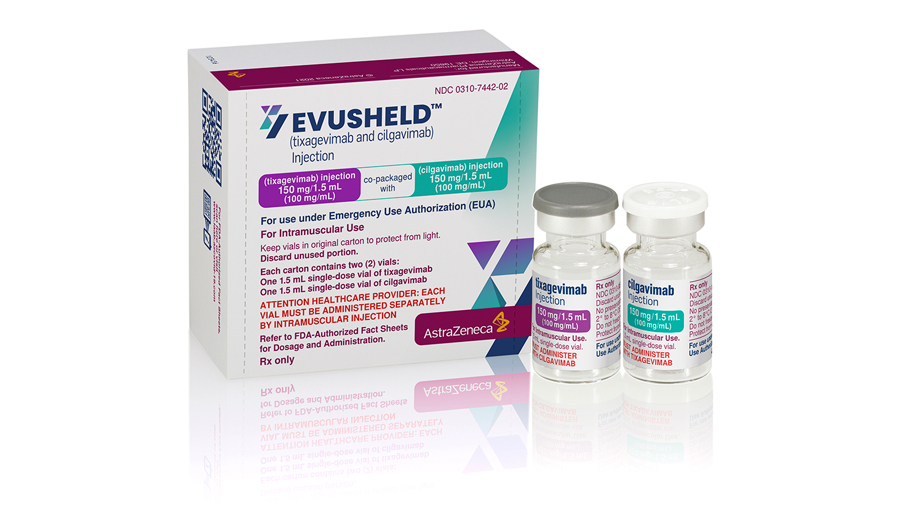
The effectiveness of Evusheld is waning dramatically because new COVID-19 subvariants are taking center stage and the drug doesn't neutralize all of them. (AstraZeneca)
(AstraZeneca)
(CNN) — Judy Salins considers herself a smart, empowered patient, but until this week, she had no idea that the medicine she takes to defend herself against COVID-19 isn’t protecting her as well as it used to.
“I was shocked to hear this,” Salins said. “What do I do now?”
The medicine is called Evusheld, and its effectiveness is waning dramatically because new COVID-19 subvariants are taking center stage, and the drug doesn’t neutralize all of them.
As of the week ending November 5, more than half of new COVID-19 infections were caused by subvariants that Evusheld does not neutralize.
Government health officials have acknowledged for more than a month that Evusheld is less protective, but Salins said she hadn’t heard the news.
“I think this is absolutely shameful,” said Salins, a retired high school teacher. “For immune-compromised people like me, getting COVID-19 can be a death sentence, so I’m appalled that no one told me.”
Evusheld is the only medicine standing between Salins and the virus. Blood tests showed that her vaccinations failed to create antibodies, which is not an uncommon problem for people with poorly functioning immune systems.
About 7 million Americans are immune-compromised and could benefit from Evusheld, which helps prevent COVID-19 infection.
Advocates for this group say the government hasn’t done nearly enough to get the word out, and many vulnerable people are unaware that the medicine’s power is waning in the face of the new subvariants. As Evusheld loses its power, people who take it may need to consider extra steps to protect themselves, such as avoiding crowds or regularly wearing masks.
“I’m worried that there is a significant group of people who are unaware of how things have changed. I’m very concerned about that,” said Dr. Brian Koffman, chief medical officer of the CLL Society, which serves people with chronic lymphacytic leukemia.
“The tide is coming, and we need to let people know they’re no longer as protected as they used to be,” he said.
Koffman is so worried that he predicts immune-compromised people could suffer a “winter of discontent” because of COVID-19.
Another advocate for the immune-compromised says health officials “aren’t taking seriously their responsibility as public health officials to communicate to the immune-compromised.”
“This is a perfect storm: The holidays are upon us and people will travel and want to be together and they won’t realize that they’re not protected by their Evusheld,” said Janet Handal, president and co-founder of the Transplant Recipients and Immunocompromised Patient Advocacy Group.
She pointed in particular to the US Centers for Disease Control’s website, which briefly mentions that Evusheld has become less protective.
A spokesperson for the US Department of Health and Human Services said that among other measures, the US Food and Drug Administration shared information about Evusheld’s diminishing efficacy with “more than 350 organizations representing healthcare professionals, patient advocates, pharmacies, and key contacts in the fight against COVID-19” and posted the information on its Twitter and Facebook feeds.
Over the past few weeks at public events, CDC Director Dr. Rochelle Walensky and Dr. Ashish Jha, the White House coronavirus response coordinator, have also briefly mentioned that new variants have diminished Evusheld’s efficacy.
‘We should do better’
But Salins said she doesn’t keep her eyes glued to the FDA’s social media feeds, nor does she watch White House briefings. She says her family doctor, who prescribed Evusheld, hasn’t gotten back in touch to explain that it’s not working as well as it used to, and she hasn’t heard anything from her rheumatologist, either.
Salins lives in Missouri, where, like in the rest of the country, the new subvariants that Evusheld fails to neutralize are rapidly taking over. Those subvariants are growing especially quickly in New York and New Jersey, according to CDC data.
CNN reached out to 10 large hospital systems, five in New York and five in New Jersey. Of those, only one said it’s reaching out proactively to its patients who received Evusheld to let them know their medicine isn’t working as well.
Northwell Health said it is contacting patients both in writing and by phone “to make patients aware of the waning efficacy of Evusheld,” according to a Northwell spokesperson. The health care system is also telling patients that “while the treatment may offer less protection at this time — it is still better than having no protection at all” — a message echoed by the FDA.
Salins, 70, said she’s lucky she attends church with Robyn Brumble, the director of scientific affairs and research at the CLL Society. Brumble, who has written about Evusheld’s waning efficacy, is the one who warned Salins.
Now that Salins is aware her medicine isn’t working as well as it used to, she can take steps to be more careful. She might cancel an upcoming flight to Mexico with her husband. She might not attend her grandsons’ indoor sporting events or go to church, or if she does, she’ll be sure to wear an N95 mask.
Salins worries about other immune-compromised people who aren’t so fortunate to have a friend who’s an expert.
“There’s a lot of people in the US like me who are immune-compromised, and they’ve let us be going around and flitting about and not know” about Evusheld’s waning effectiveness, she said.
Dr. S. Shahzad Mustafa, an allergist and clinical immunologist at the University of Rochester Medical College, said the entire health care system should have done a better job informing immune-compromised patients that many of the new subvariants evade Evusheld.
“It’s a disservice,” Mustafa said. “We should do better.”
Mustafa is a paid consultant on Evusheld to AstraZeneca, the company that makes the drug.
An AstraZeneca spokesperson said the company is “developing next generation” monoclonal antibodies “to neutralise currently circulating and potential future variants of concern.”
‘Scrabble variants’ are taking over
On October 19, the National Institutes of Health updated its COVID-19 treatment guidelines to say that five subvariants are “likely to be resistant” to Evusheld. Those five subvariants — BA.4.6, BA.2.75.2, BF.7, BQ.1 and BQ.1.1 — made up an estimated 55% of new infections in the US last week.
A different subvariant, BA.5, is vulnerable to Evusheld. It accounted for 39% of all new infections in the US in the week ending November 5, according to the CDC.
But BA.5 is on its way out — and quickly. The week before, it accounted for 51% of all infections.
In New York and New Jersey, where the new “Scrabble variants” are taking over at a particularly stunning pace, the subvariants that are resistant to Evusheld account for 69% of all new infections, according to the CDC data for the week ending November 5. BA.5 — the subvariant where Evusheld still does have power — accounts for just 25% of new infections and has been getting lower and lower each week.
‘My alarm bells would not go off’
Government officials have not been silent about Evusheld’s waning power.
According to an HHS spokesperson, the FDA issued its first warning on October 3 and shared it with various medical and patient advocacy groups. The Administration for Strategic Preparedness and Response, a part of HHS, has shared that information in its weekly engagements with health care providers, medical organizations and advocates for the immune-compromised community. Also, the Office of Intergovernmental and External Affairs at HHS has shared the Evusheld information with state and local organizations, medical providers and advocacy groups.
The CDC has posted information for health care providers and for patients about Evusheld and the new variants on its website. At a US Chamber of Commerce event November 1, Walensky, the agency’s director, mentioned that some new COVID subvariants “do evade our monoclonal antibodies,” including Evusheld.
At a White House briefing on October 25, Jha, the White House COVID coordinator, said that “with some of the new subvariants that are emerging, some of the main tools we’ve had to protect the immunocompromised, like Evusheld, may not work moving forward. And that’s a huge challenge.”
But Handal, who co-founded the immune-compromised support group, said that’s not nearly enough.
She pointed to the wording on the CDC page for patients: “Evusheld remains protective, but may offer less protection against certain strains of the Omicron variant.”
“If I read this, my alarm bells would not go off. This is not something that a patient is going to read and say, ‘I’ve got to change my Christmas plans,’ ” she said. “The CDC needs to explain in layman’s terms what has changed and what that means for them, and that I don’t see.”
Handal, a technology specialist who worked at the White House during the Clinton administration, criticized the CDC’s page for health care providers as being indirect and overly complicated.
That page tells providers that “Evusheld could have decreased efficacy against the Omicron BA.4.6, BF.7, and BA.2.75 sublineages with substitutions at spike protein 346.”
“Regular doctors aren’t going to understand the spike and the blah, blah, blah,” she said.
Handal offered an alternative plan. Since many people are immune-compromised because of the medicines they take, and pharmacists and health insurers are aware of their patients’ prescriptions, the government should ask those groups to let people know that Evusheld is not as powerful as it once was.
Medicare, the federal health program, has a large number of patients who are immune-compromised. In response to a CNN inquiry, a spokesperson for the Centers for Medicare and Medicaid Services sent a statement that includes a link to a CMS website that links to an FDA fact sheet for health care providers. On page 18, it states that “There is a potential risk of treatment failure due to the development of viral variants that are resistant to [Evusheld]. Prescribing healthcare providers should consider the prevalence of SARS-CoV-2 variants in their area, where data are available, when considering prophylactic treatment options.”
A depressing message
It gets even worse for the immune-compromised.
If their Evusheld fails to protect them and they do contract COVID-19, many of them can’t take the antiviral drug Paxlovid, because other drugs they may take interact with it.
There is another COVID-19 treatment — a monoclonal antibody called bebtelovimab — but it isn’t expected to neutralize the BQ.1 and BQ.1.1 subvariants, according to the FDA. Those two strains represented 35% of the new infections in the US in the week ending November 5, according to the CDC.
And new treatments aren’t coming anytime soon.
“Even if we got money today, it would take us many months to bring a monoclonal into the marketplace, and we don’t have the money today anyway,” Jha told CNN last month.
That leaves Koffman, the medical director of the CLL Society, trying to get the word out to immune-compromised people that they need to “go back to basics” and “mask up” because “no variant of concern can outsmart an N95 mask.”
It’s not easy to hear this message, he said.
When Evusheld became available at the end of last year, it was a huge relief to many immune-compromised people. Finally, after two years in lockdown, they felt safe to leave the house and visit with family and friends.
“It was a little bit of a get out of jail free card for the immune-compromised community,” Koffman said.
But now, when immune-compromised people learn that medicines that once worked so well for them are less effective, they’re “crestfallen,” he said.
So, while he worries about the physical health of immune-compromised people who don’t know they need to be more careful, he also worries about the mental health of people who do realize that they may need to change their lives — to travel less, for example, or perhaps avoid indoor holiday gatherings.
“They get depressed because they’ve lost their ability to do stuff,” he said. “So now I’m worried about both groups.”
The-CNN-Wire™ & © 2022 Cable News Network, Inc., a Warner Bros. Discovery Company. All rights reserved.
Coronavirus Resources
Have you or a family member been affected by coronavirus issues in Utah? KSL wants to hear from you. Contact KSL by emailing social@ksl.com.
Click here to sign up for a vaccine and here to see how Utah’s vaccine rollout is progressing.
The latest COVID-19 stories from KSL can be found here.
How do I prevent it?
The CDC has some simple recommendations, most of which are the same for preventing other respiratory illnesses or the flu:
- Avoid close contact with people who may be sick
- Avoid touching your face
- Stay home when you are sick
- Cover your cough or sneeze with a tissue and then throw the tissue in the trash
- Wash your hands often with soap and water for at least 20 seconds, especially after going to the bathroom, before eating, and after blowing your nose, coughing or sneezing. Always wash your hands with soap and water if your hands are visibly dirty.
- If soap and water are not readily available, use an alcohol-based hand sanitizer with at least 60% alcohol.


